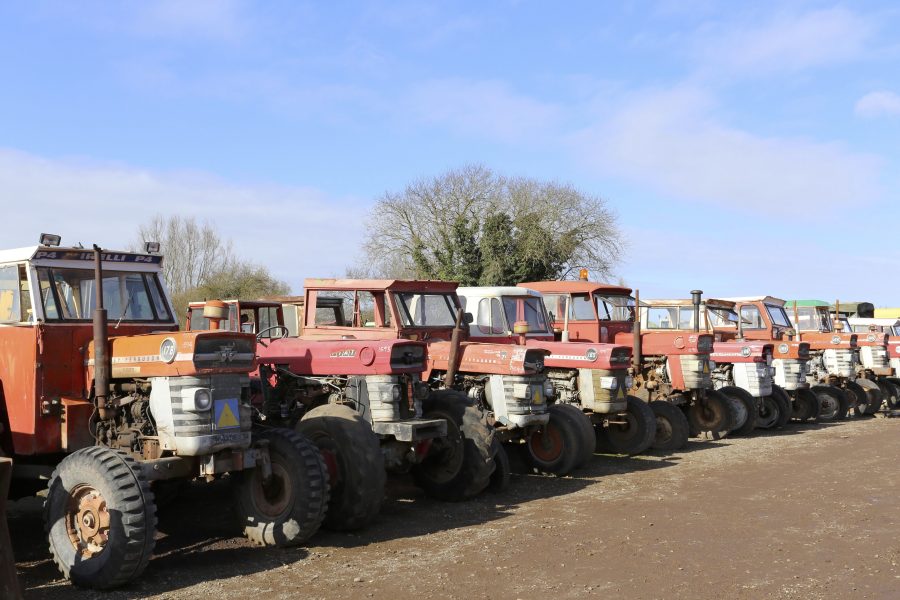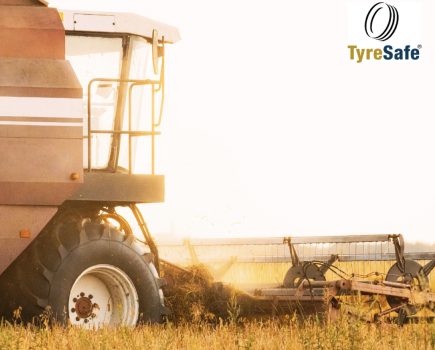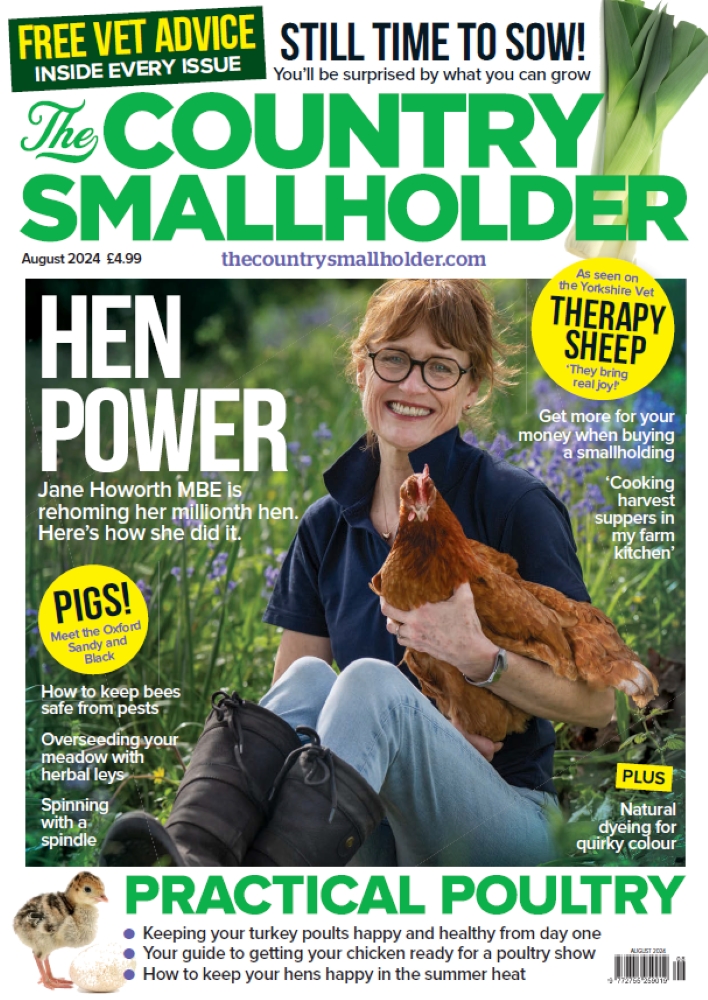Agricultural journalist, smallholder and Editor of Ferguson Heritage Magazine Jane Brooks, joins us for her regular look at the world of agricultural machinery.
Last summer an acquaintance of ours was about to undertake a trip to the Isle of Wight, a regular holiday haunt of his family. Being a keen collector and user of vintage machinery and not averse to mixing a holiday with a bit of machinery buying he had a look through various trade publications just in case he’d need to take a trailer behind his pick-up, as you do.
However, before he had a chance to get himself in to any kind of a deal, I received a press release via the Hampshire Constabulary, in which they were urging members of the rural and farming communities to be aware of a farm machinery fraud that had recently been brought to their attention.The scam centred on fake adverts for the sale of farm machinery, published on social media sites such as Facebook, and in various farming publications and magazines.
Victims, who upon seeing the advert, were persuaded by a very genuine sounding ‘seller’ to put down a large deposit, even in some cases the entire purchase price for the farm machinery on offer. They were then given addresses on the Isle of Wight to attend to collect the machinery, only to travel to the island and find no such equipment existed and they had been scammed.Many of the addresses given to victims were those of actual Isle of Wight farmers, which put them into a highly difficult position when they were literally confronted on their doorsteps by the victims of the scam about which they had no knowledge.
Needless to say, our friend left his trailer at home, enjoyed a pleasant holiday and sadly any genuine equipment up for offer on the Isle of Wight was given a wide berth, just in case it was a scam, which did no one any favours at all. More recently a keen-eyed member of the Friends of Ferguson Heritage Club noticed a tractor belonging to a vintage tractor collector had appeared for sale on Facebook, unfortunately the advert had nothing to do with the tractor’s owner and further to a report to Facebook, was quickly removed from the site. But it was just lucky that the tractor and the background of the photo were easily recognised.
REAL FARMS, FAKE ADS
Sadly, fraudsters are also targeting UK farmers in a fake website scam, using business details based on real farms. The websites advertise non-existent tractors and equipment for sale at bargain basement prices, enticing in victims who pay hefty deposits for farm machinery that doesn’t exist.This is also happening with a few adverts placed in the farming press.
In October 2023, an advertiser purporting to be Braydestone Farms advertised a number of used machines for sale, one of which was a Claas Lexion 570 combine being advertised for £76,500. A Herefordshire farmer spotted the combine, phoned the seller and agreed a deal for £70,000, including VAT, he was asked to send a deposit of £39,000 to secure the machine, which he did, despite not having viewed it. Needless to say, the farmer has neither received the machine or obtained a refund.The deceptive advertisement featured descriptions and photos of the machines on offer and two contact numbers, a landline for the Norwich area and a mobile phone number. However, it lacked a contact email addressor a link to a website.
The genuine Braydestone Farms, in Norfolk, was obviously compromised by the fraudulent activity of the scammers and the incident was reported to Action Fraud. It. is also suspected that several other farmers may have fallen victim to the same scam. There are other scenarios, where victims have been promised to have the equipment delivered to them, but the goods never turn up with the ‘seller’ becoming uncontactable.
HOW TO PROTECT YOURSELF FROM SCAMS
Best advice is be wary of this type of fraud and trust your instincts – if something appears too good to be true, it probably is, so if you can view the machinery in person do so. If it’s too far away to do that then find out as much as possible about the seller; ask them about the history of the machinery and their business. If the machine is road registered request a scan of the registration document and do some research on the item – consider phoning the previous owner or the DVLA. Check that the engine number still correlates with the log book.
INVOICE FRAUD
Another well worked scam doing the rounds is invoice fraud. This is where a criminal sends correspondence impersonating a regular supplier and also notifies a change of bank account details, leading to the victim making all future payments for that particular supplier to the criminal’s bank account instead.
As many readers know, my husband and I have anAgricultural Contracting business and whenever we use a new supplier we always make certain that before we deal with them, we have a named contact that we can call. We also send just a pound BACS payment and call that person for confirmation before sending further funds. We also call to query any changes to account and payment terms. You really can’t be too careful.
Detailed advice and information on how to protect yourself from fraud and cyber-crime is available from the National Cyber Security Centre (NCSC),which, in partnership with the National Farmers Union, has developed a PDF security guide at www.ncsc.gov.uk/guidance/cyber-security-for-farmers
Furthermore, if you area farmer or smallholder and find yourself in a situation where you are confronted by the disgruntled victim of a scam, remove yourself from the situation and if you feel threatened or in danger, ring 999 immediately. Anyone who has been a victim of fraud is urged to contact Action Fraud in the first instance, either by calling 0300 123 2040, or visiting www.actionfraud.police.uk/reporting-fraud-and-cyber-crime
Picture caption: Taken by Jane Brooks at an auction a few years ago, this photo could just as easily be used to fraudulently represent a dealer’s yard as there is no obvious clue as to its location.
This article was taken from the February 2024 edition of The Country Smallholder. You can buy the whole issue here.
To receive regular copies of The Country Smallholder magazine featuring more articles like this, subscribe here.
For FREE updates from the world of smallholding, sign up for The Country Smallholder newsletter here.








